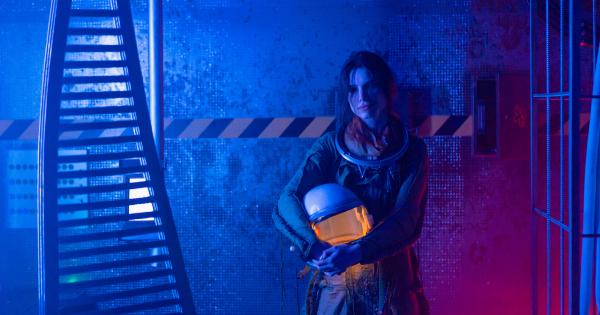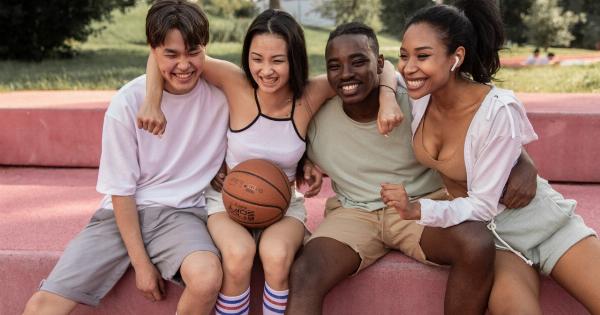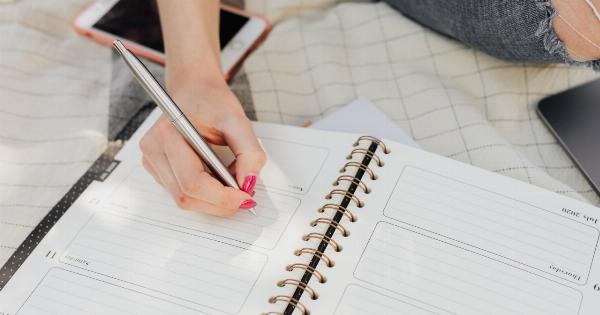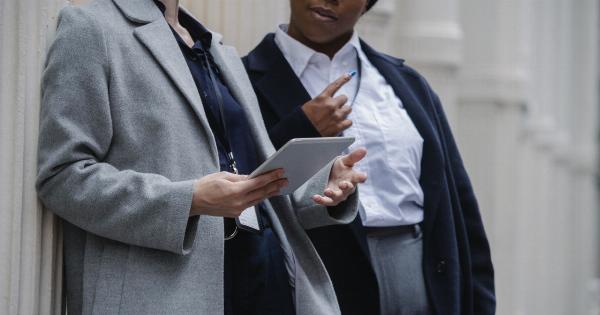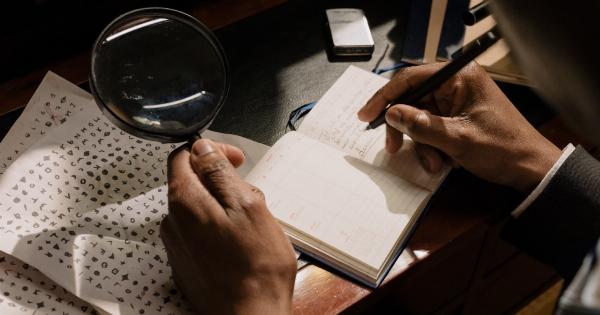A successful relationship is highly valued in modern society. There are many factors that contribute to a successful relationship such as shared interests, trust, communication, and mutual respect. However, one factor that is often overlooked is reflexes.
Reflexes, or automatic responses to certain stimuli, can give us clues about the health of a relationship and can even be used as a standard for measuring success. In this article, we will explore the role of reflexes in relationships and why they are important.
What are reflexes and how do they affect relationships?
Reflexes are automatic responses that our bodies have to certain stimuli. For example, when we touch something hot, we automatically pull our hand away.
Reflexes are important because they help us respond quickly to potentially dangerous situations without having to consciously think about what to do.
In relationships, reflexes can also play an important role. For example, when we feel threatened or unsafe, we may have automatic responses such as withdrawing or lashing out.
These responses can be helpful in some situations, but can also be harmful if they are not managed properly.
The connection between reflexes and trust
Trust is a key component of any successful relationship. Without trust, it’s difficult to build a strong bond with someone else. In order to trust someone, we need to feel safe and secure around them.
Our reflexes can give us clues as to whether or not we feel safe around someone.
For example, if we are in a crowded room and our partner reaches out to hold our hand, our reflex may be to pull away or tense up. This can indicate that we don’t feel safe or comfortable in the current situation.
However, if we are walking down a dark alley and our partner puts their arm around us, our reflex may be to snuggle in closer to them. This can indicate that we feel safe and protected around them.
The role of reflexes in communication
Communication is another important aspect of any successful relationship. Being able to communicate effectively with our partner can help us avoid misunderstandings and build a stronger bond. Our reflexes can also play a role in communication.
For example, if our partner says something that upsets us, our reflex may be to lash out or withdraw. However, if we are able to take a deep breath and respond calmly, we can avoid saying things we don’t mean and work towards a solution together.
This type of reflex control can help us communicate more effectively with our partners.
Reflexes as a measure of mutual respect
Mutual respect is essential in any successful relationship. Without mutual respect, it’s difficult to build a strong bond based on trust and understanding.
Our reflexes can give us clues as to whether or not we have mutual respect with our partners.
For example, if our partner asks us to do something and our reflex is to roll our eyes or scoff, this indicates a lack of respect for their requests or needs.
However, if our partner asks us to do something and our reflex is to listen attentively and respond with kindness, this indicates a mutual respect and understanding in the relationship.
The importance of managing reflexes for a successful relationship
While reflexes can be helpful in certain situations, it’s important to manage them in order to have a successful relationship. Uncontrolled reflexes can lead to misunderstandings, hurt feelings, and even anger or resentment.
When managing our reflexes, it’s important to:.
- Recognize our automatic responses to certain stimuli
- Take a moment to breathe and assess the situation before responding
- Work together with our partner to find a solution that works for both of us
- Communicate openly and honestly with our partner
Conclusion
Reflexes may seem like a small part of a relationship, but they can provide valuable insights into the health of a relationship.
By managing our reflexes and using them as a standard for success, we can build stronger, more successful relationships based on trust, communication, and mutual respect.


